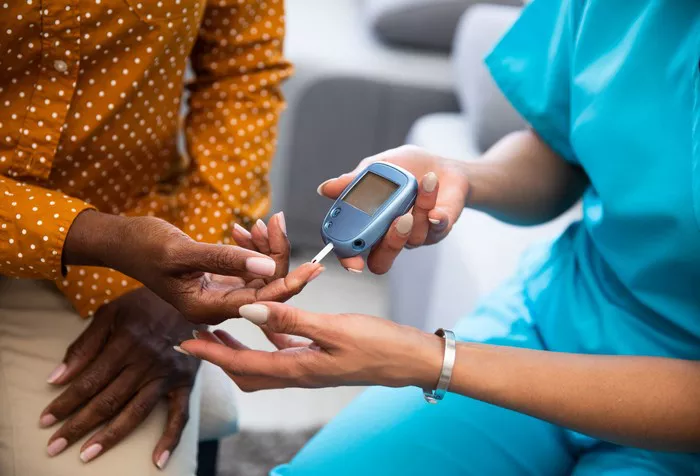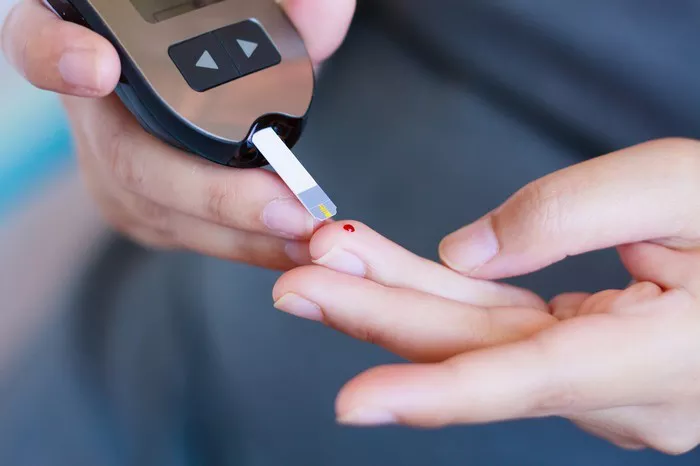Recent data reveals that a staggering 60% of Africans with diabetes are unaware of their condition, highlighting a critical gap in diagnosis and treatment. Despite diabetes being easily detectable through routine screening and blood tests, many individuals remain undiagnosed, leading to severe health complications.
In Africa, diabetes poses a significant public health challenge. The latest Global Industry Diabetes Overview 2023 report shows that the prevalence of undiagnosed diabetes on the continent far exceeds the global average of 40%. This high rate of undiagnosed cases is attributed to inadequate awareness and access to healthcare resources.
Kenya, though better off compared to some of its regional counterparts, still faces substantial challenges. With a 44% rate of undiagnosed diabetes, Kenya ranks fifth in Africa, trailing behind Mozambique, Morocco, Libya, and Tunisia. This rate is concerning, as it falls short of the World Health Organization’s (WHO) goal of diagnosing 80% of individuals with diabetes by 2030. While Kenya has a relatively low diabetes prevalence of 4%, compared to Mauritius’ 23%, the issue of undiagnosed cases remains pressing.
Dr. Seline Nyariwa, a physician and endocrinologist in Nairobi, emphasizes the difficulties in managing diabetes in Kenya. “Limited access to essential supplies such as syringes and insulin, coupled with delayed screenings, exacerbates the problem,” Dr. Nyariwa explained. Despite some hospitals offering subsidized insulin, shortages often force patients to seek medications from private facilities, increasing their financial burden.
Diabetes is a chronic condition marked by elevated blood glucose levels due to the body’s inability to produce or effectively use insulin. Over time, it can lead to severe organ damage affecting the heart, kidneys, eyes, nerves, and blood vessels. In extreme cases, it may result in limb amputation, stroke, or heart attack. The WHO forecasts that the prevalence of diabetes in Kenya will rise from the current 3.3% to 4.5% by 2025.
The Kenya Demographic Health Survey 2022 reveals that only 1% of individuals aged 15-59 have been diagnosed with diabetes. Among those diagnosed, men (73%) are more likely to be on medication compared to women (63%).
Globally, the International Diabetes Federation (IDF) reported that approximately 537 million people aged 20-79 were living with diabetes in 2021. This number is projected to increase to 643 million by 2030 and 783 million by 2045. Alarmingly, around 240 million of these individuals are currently undiagnosed, underscoring the urgent need for improved awareness and access to effective screening and treatment.
Educational initiatives in Kenya aim to improve awareness about blood glucose monitoring, insulin administration, dietary management, and lifestyle changes to combat the diabetes epidemic. Enhanced public health strategies and increased access to healthcare resources are essential to address this critical issue and reduce the number of undiagnosed cases across the continent.
Related topics:
Ham Consumption Raises Diabetes Risk by 15%, Study Reveals


























